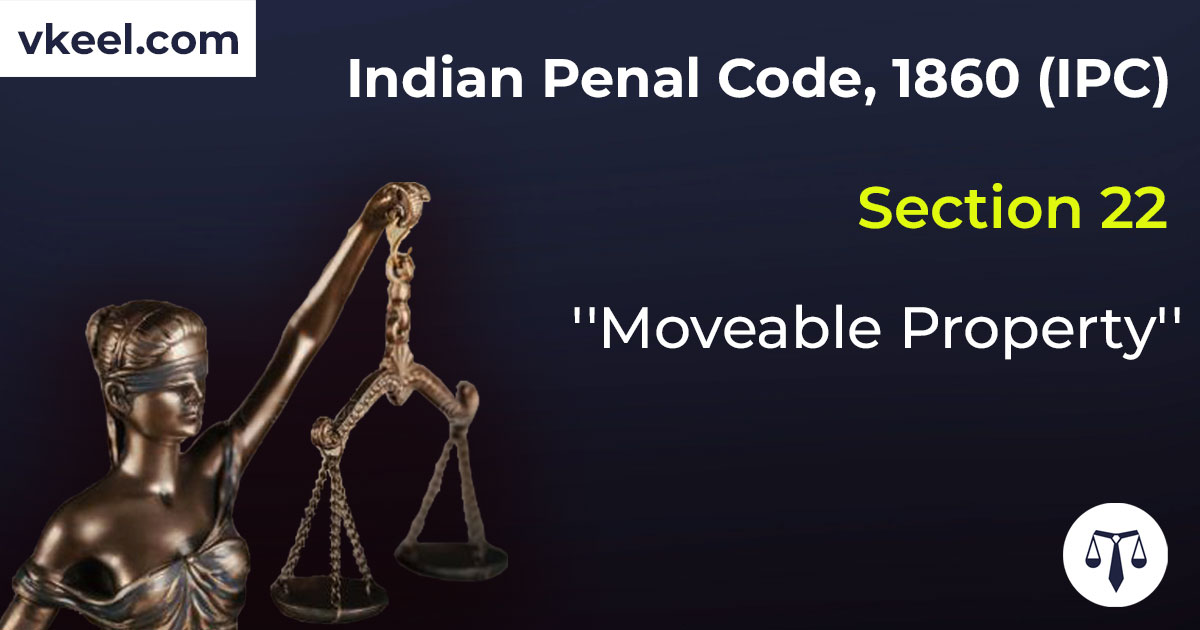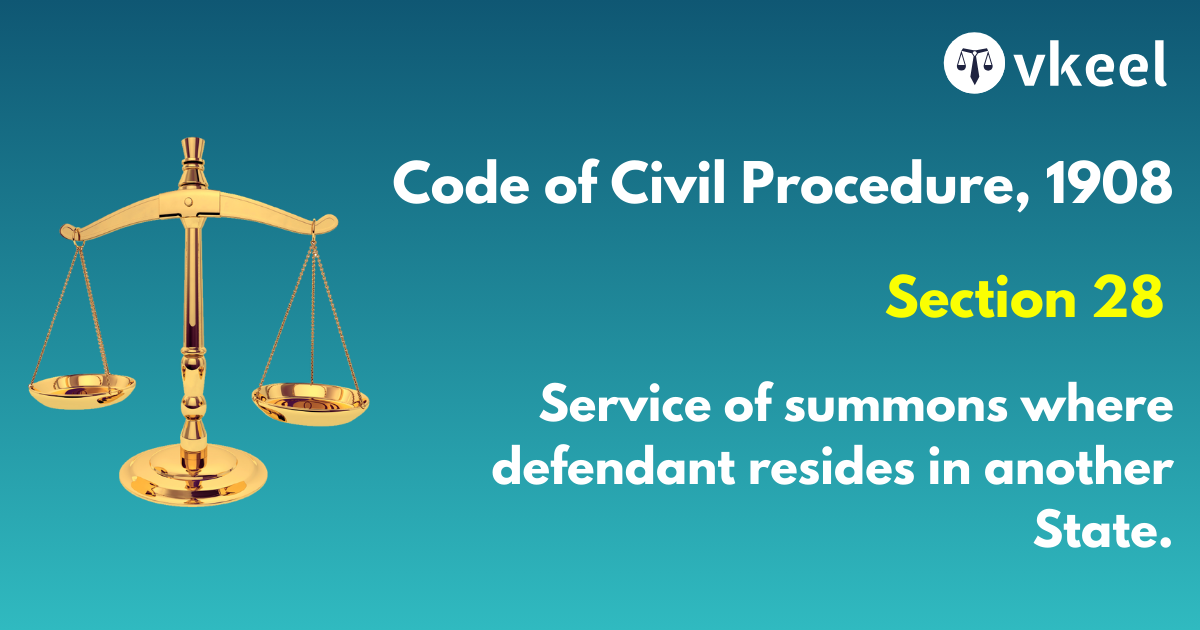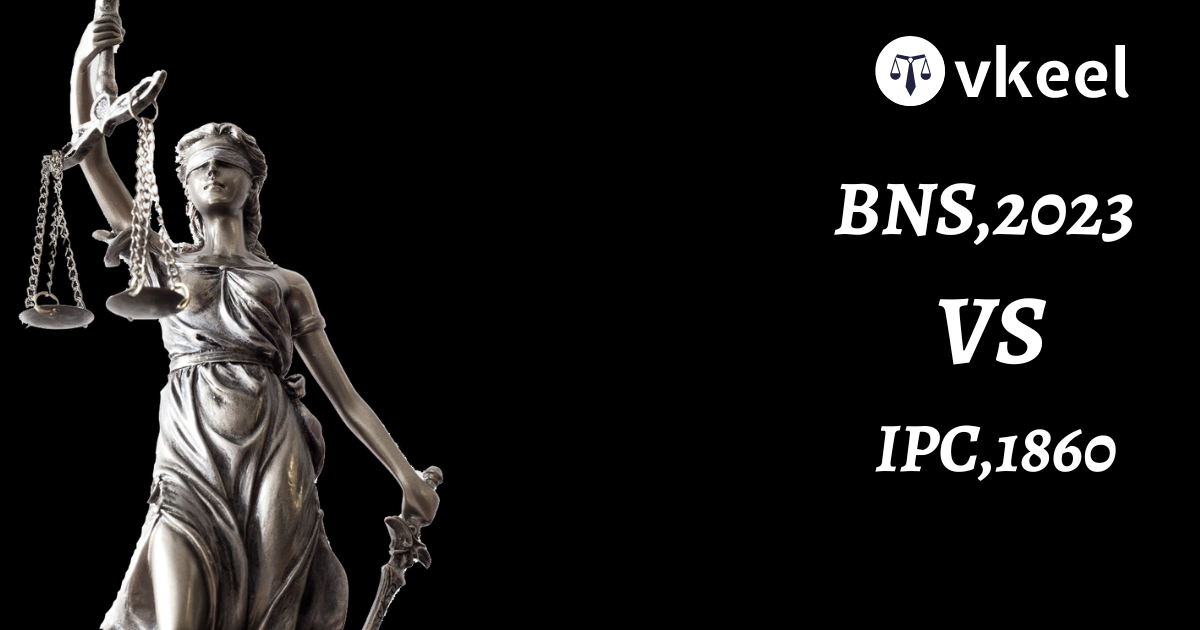Section 22 Indian Penal Code 1860 (IPC) – “Moveable property”
By Vkeel Team
Table of Contents
Description
“Section 22 Indian Penal Code 1860 (IPC)”
The words “movable property” are intended to include corporeal property of every description, except land and things attached to the earth or permanently fastened to anything which is attached to the earth.
Introduction
Section 22 of the Indian Penal Code (IPC) 1860 defines the term “moveable property”. It is a crucial provision as it forms the basis for several other sections that deal with offences against property. In this article, we will discuss the meaning and scope of moveable property under the Indian Penal Code.
Meaning of Moveable Property
As per Section 22 of the IPC, “moveable property” refers to property of every description, except for immovable property. In other words, any property that can be moved from one place to another is considered moveable property. It includes goods, animals, money, and securities. The term “property of every description” is broad and covers a wide range of assets that can be owned.
Goods
Goods refer to tangible items such as clothes, furniture, electronic devices, etc. They are moveable and can be transported from one place to another. Goods also include crops and other natural products that can be harvested.
Animals
Animals such as cattle, horses, sheep, etc. are considered moveable property as they can be moved from one place to another. However, it is important to note that certain animals such as pets have sentimental value and cannot be treated as mere property.
Money
Money in the form of cash, banknotes, coins, etc. is considered moveable property as it can be transported from one place to another. Money also includes digital currency, which can be transferred electronically.
Securities
Securities such as shares, bonds, and debentures are considered moveable property as they can be bought and sold in the market. These securities represent ownership in a company and can be transferred from one person to another.
Exceptions
While the term “moveable property” is broad, there are certain exceptions to what can be considered moveable property. For instance, electricity is not considered moveable property as it cannot be transported from one place to another. Similarly, intangible assets such as copyrights and patents are not considered moveable property as they do not have a physical existence.
Conclusion
Section 22 of the Indian Penal Code defines moveable property as any property that can be moved from one place to another. It includes goods, animals, money, and securities. However, there are certain exceptions to what can be considered moveable property. It is important to understand the meaning and scope of moveable property as it forms the basis for several other provisions under the Indian Penal Code that deal with offences against property.
Desctiption Source: indiacode
Disclaimer:
The information provided in the article is for general informational purposes only, and is not intended to constitute legal advice or to be relied upon as a substitute for legal advice. Furthermore, any information contained in the article is not guaranteed to be current, complete or accurate. If you require legal advice or representation, you should contact an attorney or law firm directly. We are not responsible for any damages resulting from any reliance on the content of this website.












